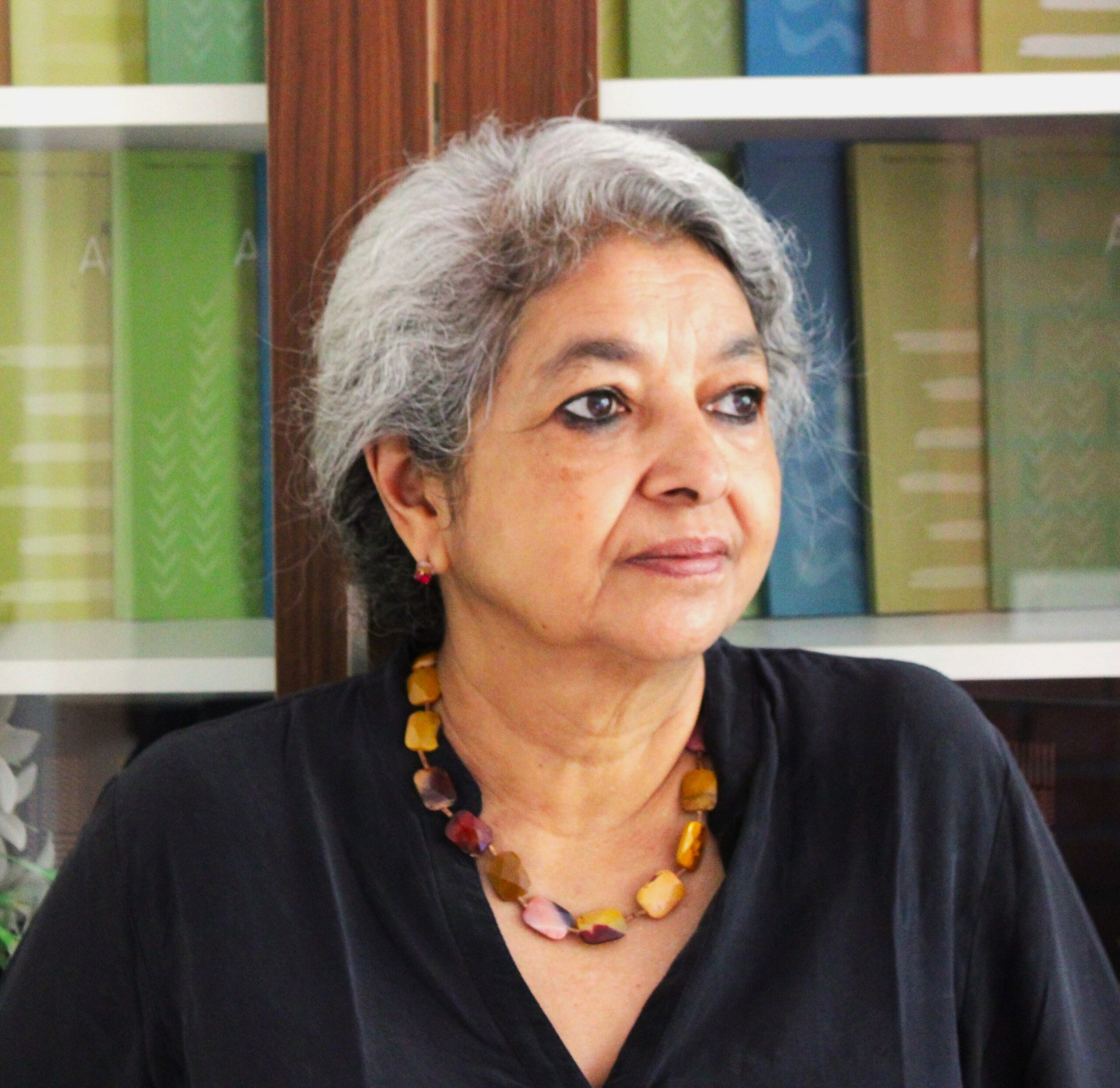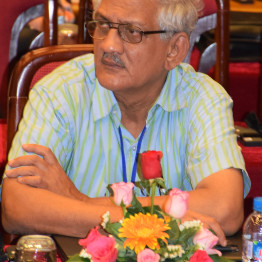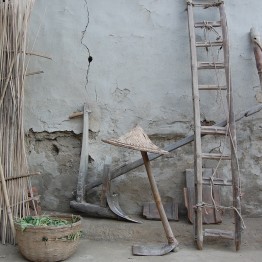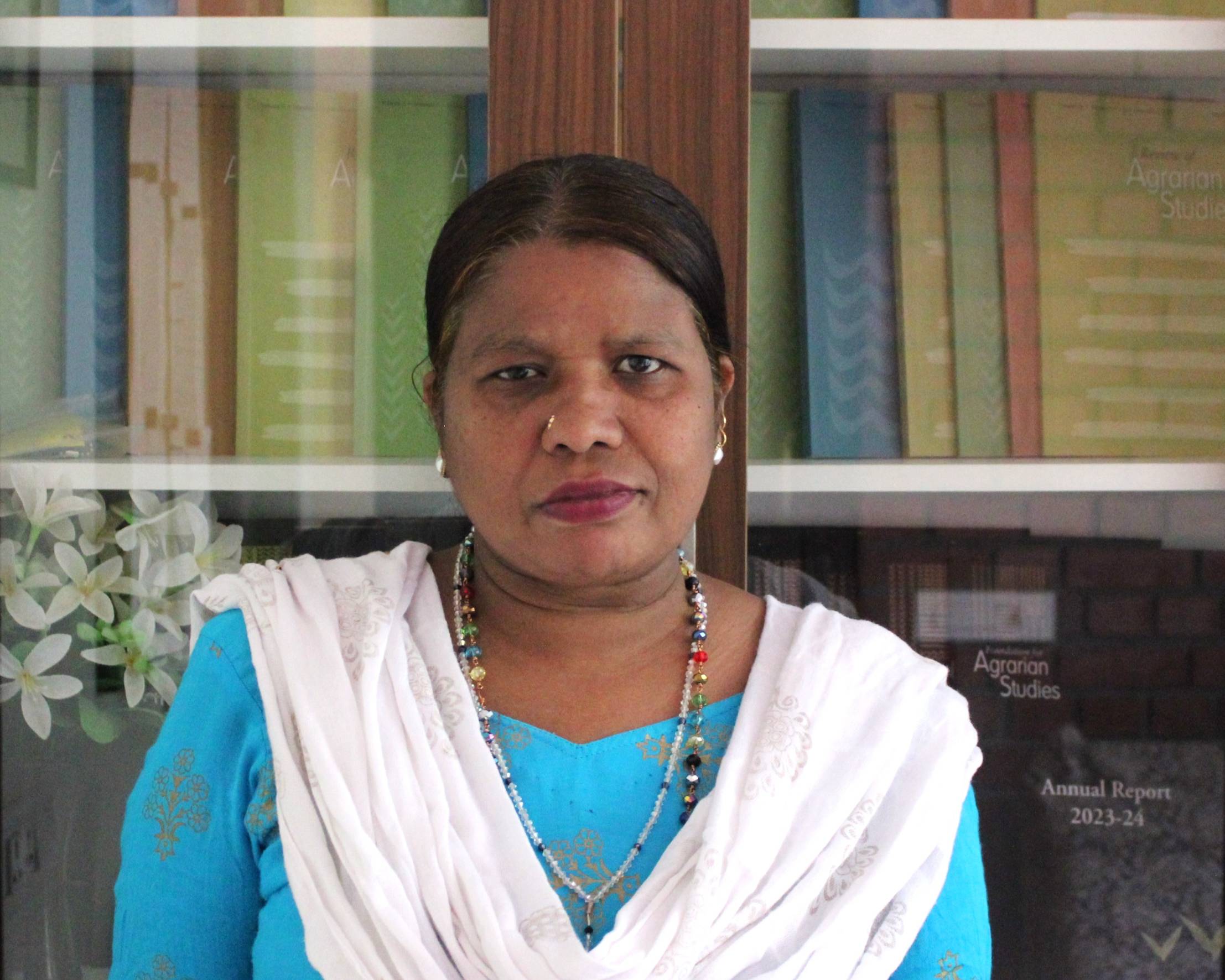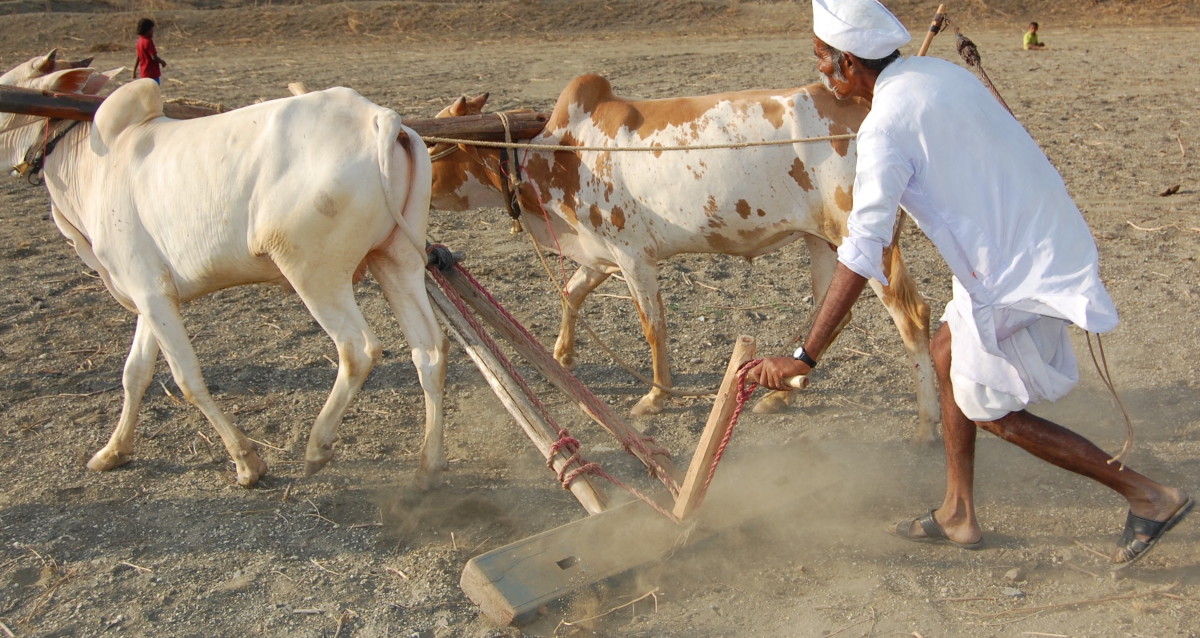
In the context of global warming, the impact of climate change on agriculture is a widely discussed subject. In an article published in 2012, Lobell et al., noted the negative effect of periods of extreme temperature in the Indo-Gangetic region on the yield of wheat. The authors suggest that exposure to extreme temperature days led to the accelerated ageing of Indian wheat, and an overall reduction in the yield of wheat. A similar finding was observed for maize yields in the United States. While Lobell et al. (2012) used satellite data for their analysis, Murari et al. (2014) used district level data on yield and found a similar result for wheat yields in the Indo-Gangetic plain.
One of the immediate consequences of climate variability is the occurrence of extreme weather events, which are expected to increase in the future as global warming intensifies. A study of climate change and agricultural yield in Karnataka, supported by the Karnataka Agricultural Price Commission (Jayaraman, et al. 2017), was recently undertaken to analyse the relationship between extreme temperatures and crop yield at the sub-district (taluka) level for selected crops. The crops studied were paddy, finger millet (ragi), sorghum (jowar), groundnut, and pulses. The results are derived from fixed-effect regression models for panel data at the taluka level.
Interestingly, Karnataka has three State Action Plans for climate change. These were prepared by three different organisations, and each provided detailed accounts of the potential impact of climate change. The plans, however, fail to address the impact of extreme climatic conditions, particularly extreme temperature, on crop yields.
Our analysis of long-term data on rainfall and temperature in the State points to a decreasing trend in rainfall and an increasing trend in temperature (at a rate at 0.6 to 0.75 degrees centigrade per century). Long-term warming in Karnataka indicates the possibility of exposure to extreme temperature days, with temperatures higher than crop-specific thresholds.
Our study observed an inverse linear relationship between yield variations and variations in Extreme Degree Days (EDD), defined as days with temperature higher than the critical temperature for a crop. It noted that the negative effect of extreme temperature (EDD) on yield was larger than the effect of rainfall variability. In some cases, the coefficient of extreme temperature was more than twice that of rainfall.
This study is perhaps the first of its kind in southern India and for crops other than wheat. It focuses on climate and climate variability, and clearly shows that exposure to extreme heat is the most important effect of climate change currently observed in agriculture in Karnataka. Yield is consistently (statistically significant) lower in cropping seasons where exposure to temperatures above the critical thresholds is high. Climate-associated reductions in yield are significant for major crops, especially for monsoon (kharif) paddy, irrigated and unirrigated, winter (rabi) sorghum (unirrigated), and pigeon pea (tur) cultivated in the kharif season. The findings point to the need for further research to develop new crop varieties that cope with heat stress.
References
Lobell, D., Sibley, A., and Ortiz-Monasterio, J. I. (2012), “Extreme Heat Effects on Wheat Senescence in India,” Nature Climate Change, vol. 2, pp. 186–9, available at doi:10.1038/nclimate1356, viewed on July 21, 2017.
Jayaraman, T., Murari, K., Swaminathan, M., and Mahato, S. (2017), “Climate Change and Agricultural Yields in Karnataka,” Report submitted to the Karnataka Agriculture Price Commission, Indian Statistical Institute, Bengaluru, May.
Murari, K., Mahato, S., Jayaraman, T. (2014), “Empirical Evidence of Direct Impact of Extreme Temperatures on Wheat Yield in Major Wheat Growing Region of India,” paper presented at the American Geophysical Union (AGU) Fall Meeting, Dec. 15-19 2014, San Francisco (USA).
About the author
Kamal Kumra Murari is an Assistant Professor at the Tata Institute of Social Sciences (TISS), Mumbai Campus.




















